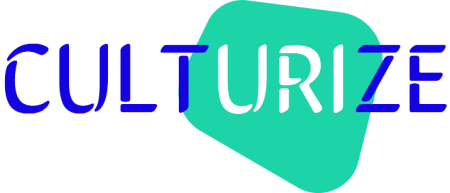Setting up a project together
Collaborations with cultural, media and heritage organisations are an important part of our work. Setting up collaborative projects enables us to work in a practical way, facing challenges together and finding ways to overcome them.
Our projects are always a response to a need or requirement that we or our partner organisations encounter in our field of work. For example, there are:
projects that result from a request for information.
If the solution to the question leads to us gaining new and useful expertise, or can be used elsewhere in practice, we look at how the project can fit within our management agreement with the Flemish Government. It can then be implemented using structural resources;
If not, then we start a paid custom projects. You can read more about this here;
projects initiated by other organisations that require our participation;
research projects to keep improving our services and platforms.
Together with content partners we also carry out projects inherent to our services for digitising, archiving and providing access to content, and encouraging its use. Would you like to know what it means to become a content partner, discover the conditions here.
Do you want to involve meemoo in one of your projects?
Get in touch with Rony. He will be happy to help.

The collaboration and expertise shared in projects can highlight challenges and opportunities from different perspectives, so problems can be resolved along the way. The knowledge we gather in these projects isn’t just shared with our project partners, but ultimately also as part of our own activities and with other players involved in the world of culture, media and heritage.
This can result in new tools such as CultURIze, good practices to share with the wider field, and lots of knowledge. This is why we set up projects – to fill gaps in our knowledge or provide tools for other organisations.

We’ve previously launched ‘Tools that deal with copyright and usage restrictions on cultural content’, for example. This project developed tools and practices to identify and document rights and usage restrictions on content, and make content as accessible and re-usable as possible.
The people and organisations that initiate projects often want to share the results with the wider field (e.g. because the sponsor expects it). We are then often called upon to organise a concluding study day, or publish the results on CEST, for instance. In addition to these projects, we’re also happy to help organisations with training or advice.
